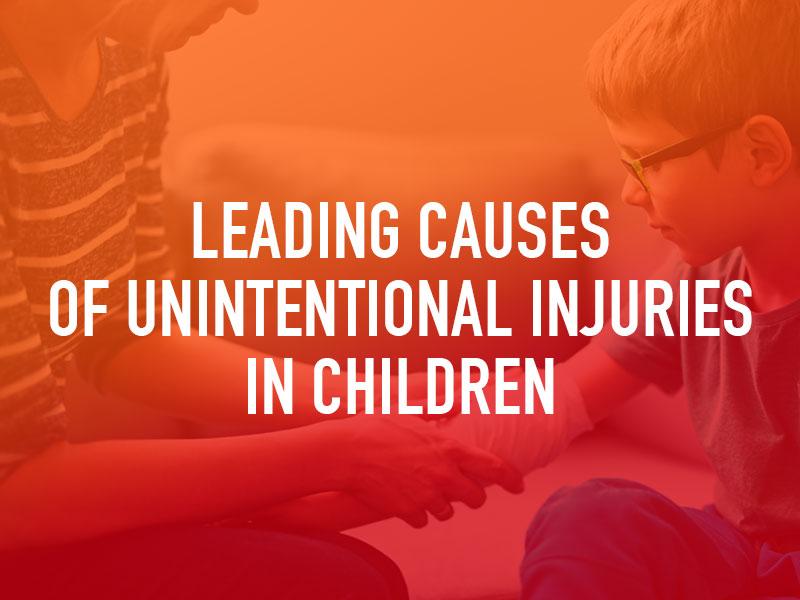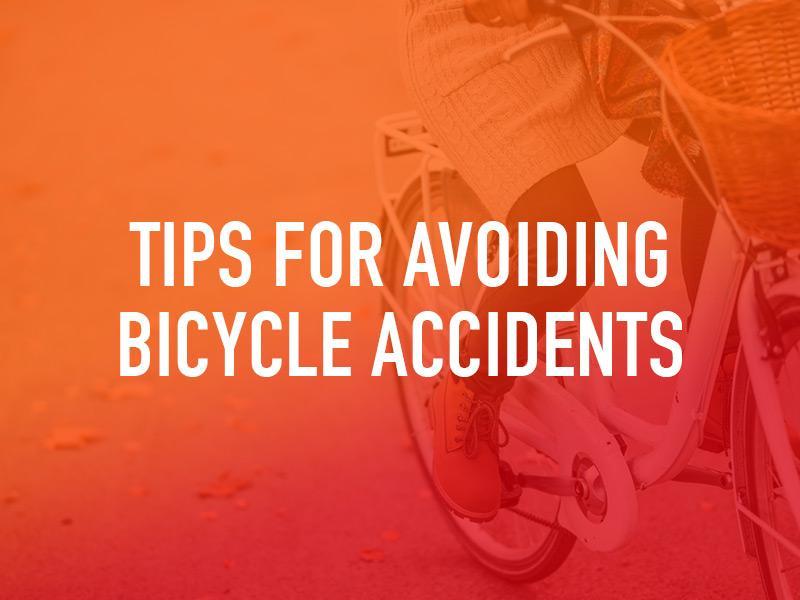Recent Blog Posts
Can Anyone Access Security Camera Footage After An Accident In Illinois?
Getting into an accident can be a scary experience, and the aftermath can become complicated. If you have been injured in an accident that was caused by another person’s negligence, you will want to gather all of the evidence necessary to help your personal injury claim with their insurance carrier. This can include obtaining video footage from security cameras that may have caught the incident through their lenses. However, obtaining this evidence is not always straightforward.
What are the chances a crash was caught on camera?
Accidents happen on all types of roadways, near businesses, and near homes. If an accident happens near any establishment, there is a good chance that it was caught on camera. More and more, we are finding that cameras are being used for various reasons.
Businesses have security cameras inside and outside that may capture an accident on the roadway or in a parking lot. Private homes also have security cameras. This is certainly the case with the affordability and popularity of doorbell cameras that often capture incidents on the street in front of a home.
What Are the Leading Causes of Unintentional Injuries In Children?

According to the Centers for Disease Control and Prevention (CDC), unintentional injuries are the leading cause of mortality among children in the US. According to the CDC, approximately 12,000 Children die each year due to unintentional injuries. It is important to understand what an unintentional injury is, statistics of injury by age group, how to prevent these injuries, and what to do when negligence causes an unintentional child injury.
What is an unintentional injury?
The term “unintentional injury” is used to describe an injury that happens that was unplanned. Typically, an unintentional injury:
- occurs in a short period of time (seconds or minutes)
- has a harmful outcome that was not sought
- has an outcome that was the result of physical energy in an environment (trauma) or normal body functions being blocked (e.g. drowning)
Tips for Reducing Risk of Bicycle Accidents in Children

One of the most popular activities for children to participate in is riding a bicycle. Children all over Illinois ride their bicycles each day. However, bicycle crashes are among the leading causes of unintentional child injuries. Bicycle accidents can lead to serious and disabling injuries for children, and they are often caused by another person's negligence.
How often are children hurt and bicycle accidents?
Unintentional injuries are those that someone did not mean to cause. However, that does not mean that the incident was not caused by negligence. Many children's injuries occur due to the negligence of another person.
During the latest reporting year in Illinois, there were 2,696 people injured in bicycle accidents. Twenty-six people lost their lives in bicycle crashes that year. A total of 883 of the bicycle accident injuries occurred in those under the age of 18.
Keeping Your Child Safe from Fire at Home
Traumatic accidents are the leading cause of child injuries and deaths across the United States. Most traumatic accidents that happen to children are preventable. Home fires are more common than most people realize. Parents, guardians, and caregivers can take steps to keep little ones safe from fire in the home.
Tips for keeping kids safe from burns
-
Teach fire safety to your kids
Education is important, and the earlier kids start to learn about fire hazards, the better. This includes fire prevention and fire survival. Explain to your kids why fire safety is important and that fire is not a toy.
-
Install smoke alarms
Smoke alarms save lives. Make sure you have them installed near the kitchen, on each level of the home, and near sleeping areas. Test the batteries every month and replace the batteries once a year. Make sure your kids know what the smoke alarm sounds like and what it means.
How Much Compensation does a Child get in a Car Accident?
No parent wants to see their child injured in a car accident. If that does happen, parents want to do what they can to help their child recover. If the car crash was caused by another person’s negligence, you should be entitled to compensation. It is vital that children injured in a car accident get the coverage they need.
How is an insurance claim different for minors?
Most car accident victims receive the compensation they need through insurance claims, whether through their own or the at-fault driver’s carrier. Anyone under the age of 18 is considered a minor in a crash and they cannot legally file a claim. An individual called a “next friend” will file the claim on the minor’s behalf. Usually, the minor’s parent or guardian is considered the “next friend.”
What if a personal injury lawsuit is necessary?
There are times when a personal injury lawsuit may be necessary for a car accident victim to recover the compensation they deserve. This could be the case if the at-fault driver’s insurance carrier refuses to offer a fair settlement or if a claim is denied. For personal injury lawsuits, it is recommended that a victim and their family work with a car accident attorney.
Is it Illegal to Spank your Child in Illinois?

Without getting into the debate about whether spanking should be used to punish children, it is helpful to understand that there are indeed laws related to child punishment. In general, the state of Illinois leaves it up to parents to decide how best to discipline their child. Corporal punishment is not against the law – unless it becomes excessive.
Spanking is one of the most common forms of punishment used by parents, so we wanted to discuss whether or not the practice is actually illegal.
Understanding Illinois spanking laws
We want to turn to the law in Illinois that is responsible for this topic, the Abused and Neglected Child Reporting Act Section 325 ILCS 5/3. This law does allow a parent to spank their children. The law does state that parents must use only a reasonable amount of force and cannot “excessively” spank their children.
Clothing Safety for Babies and Children

If you are a parent or guardian, you do everything possible to keep your kids safe. However, many people do not realize how dangerous clothing can be for a baby or a small child. Clothing, jewelry, and accessories can all become hazards and cause serious child injuries. Below, you will see some of the most common hazards these items can present to children.
Cords and drawstrings in children’s clothing
You should never put anything on a baby or small child that has cords attached to it. These cords can easily get wrapped around their necks and get caught in the playground or other equipment. Babies and small children do not usually have the strength or ability to get the cords unwrapped. Do not use any of these items on babies:
- hoodies or any other tops with cords or drawstrings
- hats with cords or strings
- ribbons
- necklaces
Child Pedestrian Accident Statistics
Regardless of where you are in Illinois, whether in a city or a rural part of the state, you are likely to see children in and around the roadway. Whether they are playing or getting to and from their destination, children are vulnerable to injuries from accidents by motor vehicles. If your child, or the child of a loved one has been the victim of a motor vehicle accident in Illinois, contact our office to schedule a free consultation today. We can help guide you towards your best legal options.
How common are pedestrian accidents?
Unfortunately, pedestrian accidents are common in Illinois. During the latest reporting year in the state, there were 4,940 total pedestrian accidents in Illinois. Out of those, there were:
- 148 total pedestrian crash fatalities
10 Signs of a Dangerous Child Care Facility

Whether you are putting your child in a daycare for the first time of switching daycare centers, you need to be sure the facility and staff are safe. Most parents are nervous about putting their kids in daycare. After all, this means relying on someone else to care for their child. While there are plenty of great daycares, there are also many that are dangerous.
When you are looking for a daycare, be sure to tour multiple locations and watch out for these 10 signs that the daycare is bad for your child. If you suspect your child or the child of a loved one has suffered a child injury in Springfield due to lack of supervision at a daycare or negligence, contact our office to schedule a free consultation.
1. Staffing is inadequate
There must be enough caregivers for the children in a daycare. The American Academy of Pediatrics also recommends one member of staff for every three to five smaller children, and one member of staff for every seven to ten older children. Similarly, you should be wary of frequent staff changes. When there is high turnover, it could be a sign that the workers are unhappy with the program.
U.K Royal Faces Car Accident Lawsuit, Proving No One is Above a Negligence Claim
Car accidents are a common occurrence in Illinois, particularly in and around major cities. Just about everyone drives or rides in a vehicle on a regular basis and most people have been involved in car accidents. Americans are fascinated with the British royal family, and many citizens were recently shocked to learn that, yes, even royals get into car accidents.
A royal car accident injury lawsuit?
Earlier this year, Prince Philip, the husband of the Queen of England, was involved in a serious car crash near the Queen’s Sandringham estate in Norfolk. The incident happened when the 97-year-olds Land Rover slammed into a vehicle carrying two women, aged 28 and 45, as well as a nine-month-old baby. The prince’s vehicle flipped onto its side. Though he will not face any charges, Prince Philip could be facing a car accident lawsuit.









